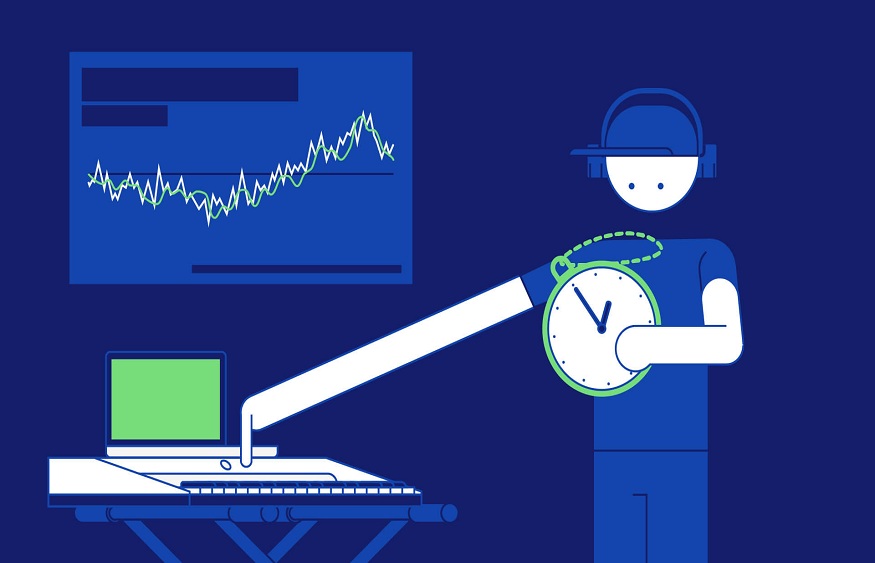Construction accounting is a complex and challenging task that requires specialized software to manage financial records and stay on top of project costs. With so many construction accounting software options available, it can be challenging to determine which one is the best fit for your business needs. In this blog, we’ll explore the five key features to look for in construction accounting software. We’ll also highlight the benefits of job cost accounting software and construction accounting software in streamlining financial management for construction businesses.
Selecting the Right Construction Accounting Software
Job Costing and Project Management
Construction projects are complex, and tracking project costs is critical to ensure projects are profitable. Construction accounting software should offer job costing and project management features that allow you to track expenses and revenue by project. This feature should enable you to monitor costs by labor, materials, and equipment, so you can accurately estimate project costs and adjust as needed. It should also allow you to manage budgets and timelines to ensure projects stay on track and within budget.
In addition to tracking project costs, construction accounting software should also allow you to manage project-related documents such as contracts, change orders, and invoices. This feature can streamline project management and ensure all stakeholders have access to the latest project information. Some construction accounting software even allows you to create and share reports with project stakeholders to keep everyone informed of project progress and financial status.
Financial Management
Construction companies have unique financial management needs that traditional accounting software may not meet. For example, cash flow can be challenging to manage due to the nature of construction projects, which often require significant upfront costs before receiving payment. Construction accounting software should have features that allow you to manage cash flow, such as cash flow forecasting, accounts payable and receivable management, and invoice tracking.
Additionally, construction accounting software should provide features that allow you to manage financial information across multiple entities or locations, such as job sites, departments, or subsidiaries. This feature can be critical for large construction companies with multiple projects or locations, as it allows you to consolidate financial information and gain a comprehensive view of your company’s financial health.
Payroll Management
Payroll management is critical for construction companies, as labor costs are typically one of the largest expenses on a construction project. Construction accounting software should offer robust payroll management features that allow you to track employee time and pay rates, manage employee benefits, and generate payroll reports.
The software should also provide features that allow you to manage compliance with labor laws and regulations, such as prevailing wage rates and overtime rules. This feature can help ensure that you are paying your employees correctly and avoid potential penalties for non-compliance.
Mobile Capabilities
Construction companies often have employees and contractors working on job sites or in remote locations. Therefore, construction accounting software should offer mobile capabilities that allow you to manage your business from anywhere. This feature should enable you to access financial information, project data, and payroll information from your mobile device.
Mobile capabilities should also allow you to create and send invoices, track expenses, and manage payroll on the go. This feature can be critical for managing cash flow, as you can quickly send invoices and receive payments while on a job site, rather than waiting until you return to the office.
Integration with Other Software
Construction companies often use specialized software for project management, estimating, and other business functions. Construction accounting software should integrate with other software solutions to streamline workflows and eliminate manual data entry.
For example, if you use project management software to track project progress, the construction accounting software should integrate with this software to automatically update project costs and revenue. Similarly, if you use estimating software to create project budgets, the construction accounting software should import this data to help you manage project costs.
Integration with other software solutions can also help you avoid errors and ensure data accuracy. When data is automatically transferred between software solutions, you can avoid the potential for manual data entry errors, which can be time-consuming to correct.
Conclusion
Construction accounting software is a valuable tool for managing financial records and staying on top of project costs. When selecting the right software for your business, it’s essential to look for key features such as job costing, payroll management, project management, reporting, and integration capabilities. With job cost accounting software and construction accounting software, construction businesses can streamline their financial management processes, reduce errors, and make informed decisions based on up-to-date information.
Foundation Software’s job cost accounting software and construction accounting software solutions designed to help construction businesses manage their financial records and project costs more efficiently. Our software solutions provide the key features necessary for managing construction accounting and offer seamless integration with other business software.



